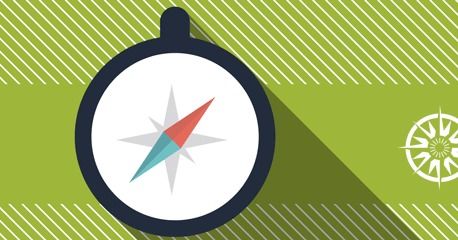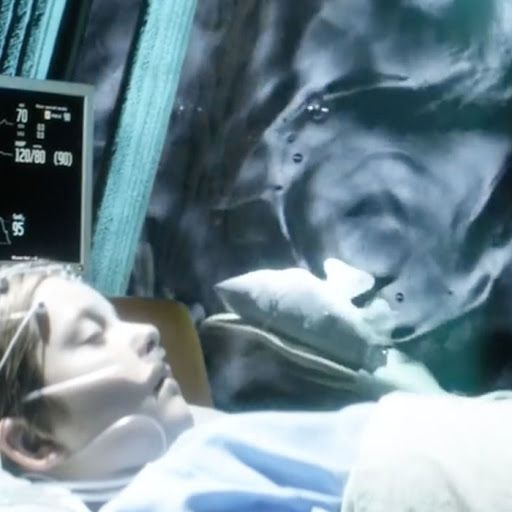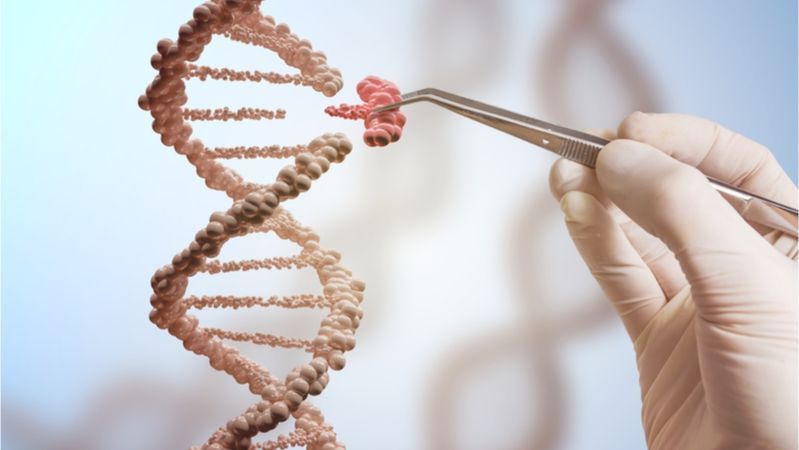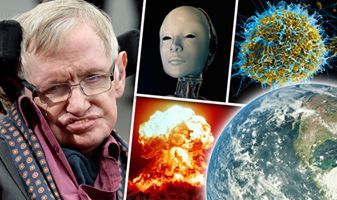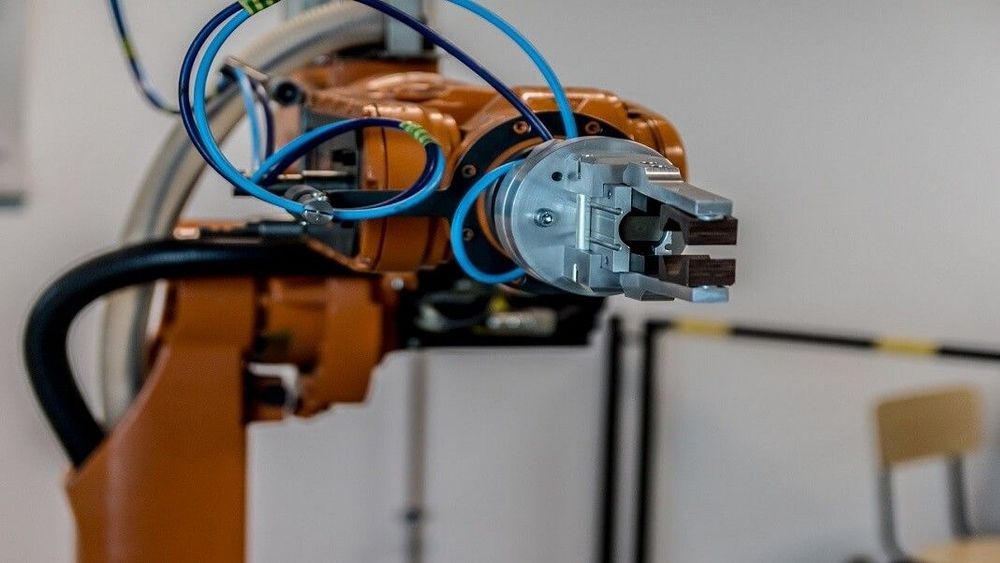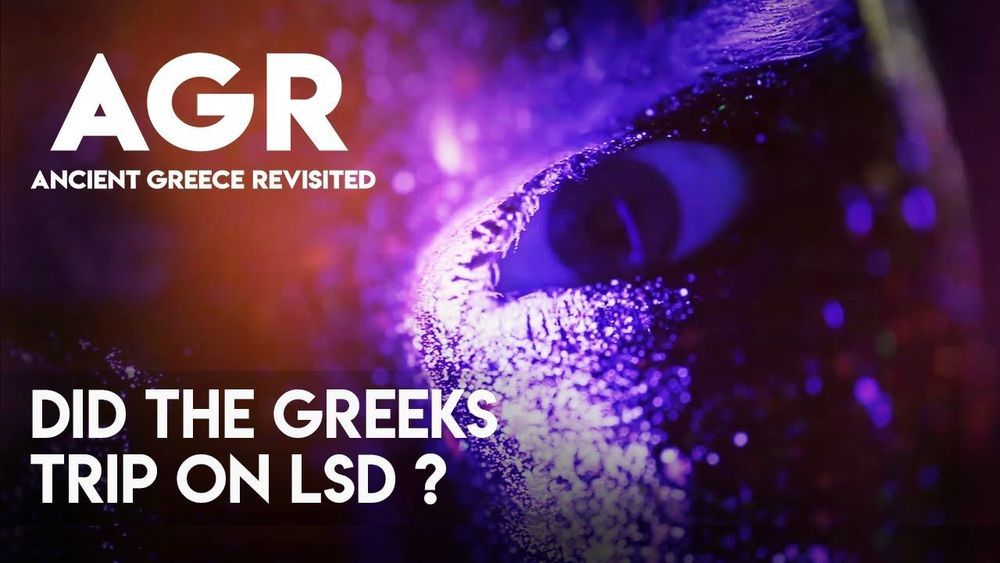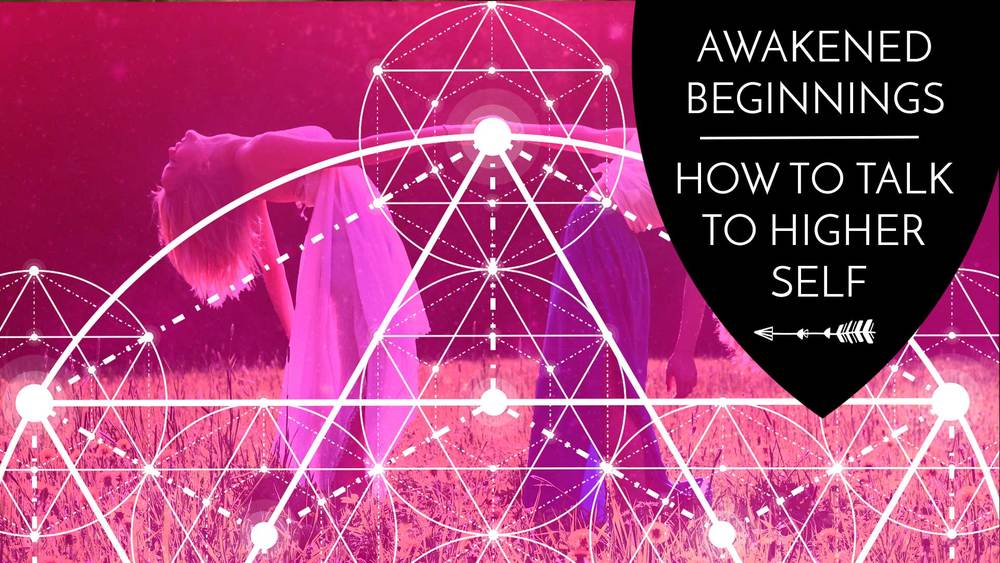When I tell people I am a transhumanist, it often raises an eyebrow – or several questions. What is transhumanism? What is a ‘posthuman’? Why would anyone want to live forever? This article will briefly respond to these questions (amongst others) and consider what this may mean for the education sector. Key questions will be identified in the area of transhumanism and education as four themes are considered: teachers, human hardware, curriculum and lifelong learning. With ‘trans’ meaning ‘across’, transhumanism is a ‘technoprogressive’ socio-political and intellectual movement (Porter, 2017) that involves transforming our primitive human selves into selves enhanced through technology. Transhumanism aims to develop our physical, emotional and cognitive capacities and thus to open up new possibilities and horizons of experience (Thompson, 2017). The end goal is one day to become ‘posthuman’: combating ageing and freeing ourselves from current biological limitations.
When you see an unconscious patient in a movie, you sometimes see their thoughts onscreen (like in The 9th Life of Louis Drax, above) or at least hear a voiceover.
That may not entirely stay in science fiction. Adrian Owen, neuroscientist and Professor of Cognitive Neuroscience and Imaging at the University of Western Ontario, Canada, and his research team are using brain-computer interfaces with advanced technology to get answers directly from people who can’t answer for themselves any other way. Any critical decisions for patients unable to communicate are usually made for them.
What can 3D printing do for medicine? The “sky is the limit,” says Northwell Health researcher Dr. Todd Goldstein.
Great news.
The successful delivery of CRISPR/Cas9 modified immune cells to cancer patients represents the first U.S. clinical trial to test the gene editing approach in humans.
Researchers from the Abramson Cancer Center of the University of Pennsylvania have published data suggesting that immune cells modified using the gene editing tool CRISPR/Cas9 are able to survive and function for months following delivery to cancer patients [1].
The research team demonstrated that T cells taken from patients and modified ex vivo (outside the body) can be safely returned to the patient and continue to survive and fight cancer. The cells were successfully edited in three ways: by deleting the TRAC, TRBC, and PDCD1 genes. In addition to these edits, a cancer-specific T cell receptor was inserted to target the NY-ESO-1 antigen to help improve the T cells’ ability to detect tumors.
Wuhan Coronavirus Pandemic — Mexico’s first cases.
“Mexico’s health secretary confirmed the country’s first and second case of the coronavirus. Hugo Lopez-Gatell said one of the patients is in Mexico City and the other in the northern state of Sinaloa”
As of Friday, more than 83,700 cases of coronavirus have been reported, resulting in at least 2,859 deaths.
Ogba Educational Clinic
Theoretically, workers have been on the fast track to obsolescence since the Luddites took sledgehammers to industrial looms in the early 1800s.
In 1790, 90 percent of all Americans made their living as farmers; today it’s less than 2 percent. Did those jobs disappear? Not exactly. The agrarian economy morphed, first into the industrial economy, next into the service economy, now into the information economy.
Automation produces job substitution far more than it does job obliteration. And even when automation takes hold of a range of professional roles, this doesn’t always create the dire results we expect.
In the next decade, designers and consumers will need to radically shift their perspectives on value and commit to a circular economy based on recycling, upcycling, and repurposing what already exists.
For nearly 2000 years, as many as three thousand Greeks shared similar visionary experiences in the town of Eleusis while celebrating the great Eleusinian Mysteries.
In this inaugural video of “Ancient Greece Revisited” we explore the possible use of psychedelics in the Greek world. We follow a thread connecting the most sacred of rituals, the “Great Mysteries of Eleusis,” to the discovery of LSD by Albert Hofmann in the midst of WW2, and from there, to a new, psychedelic view of the entirety of Greek culture.
This is part 3 of our Awakened Beginnings Series: Part 1 Signs We’re Starting to Wake up Part 2 Tapping into the Energy World Part 3 {You are Here} How to Talk to Higher Self Part 4 Opening the Heart to Freedom Part 5 Making Peace with The Past Part 6 Why is 11:11 Haunting Me.
